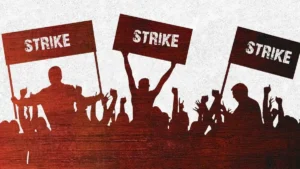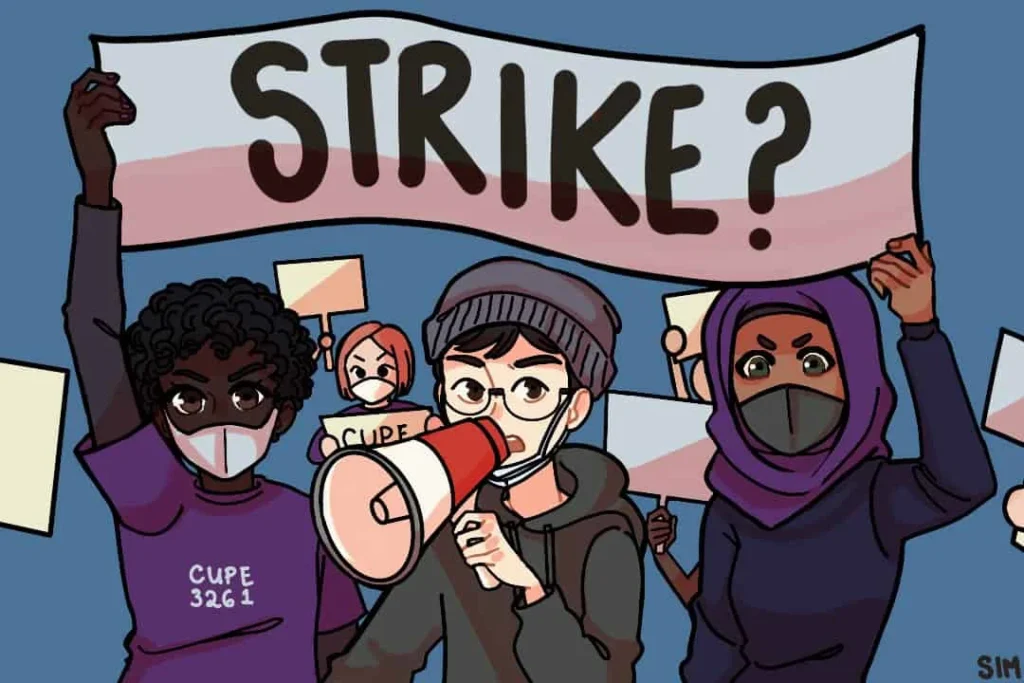Nigeria’s public university system experienced one of its most turbulent periods in recent history following an extended strike by the Academic Staff Union of Universities (ASUU), which lasted between six and eight months. The strike, which began in early 2022, resulted in the total shutdown of academic activities across federal and state universities, leaving students stranded and lecturers unpaid.
The industrial action was triggered by longstanding disputes between ASUU and the Federal Government. Key grievances included the government’s failure to implement the 2009 agreement, which covers university revitalization funding, payment of earned academic allowances, and improved working conditions for academic staff. Additionally, ASUU objected to the government’s enforcement of the Integrated Payroll and Personnel Information System (IPPIS), which the union argued undermined university autonomy.

Broken Promises and a Collapsing Academic System
At the heart of the strike was the government’s repeated failure to honor previous commitments. Over the years, ASUU has raised concerns about chronic underfunding of universities, dilapidated infrastructure, and poor remuneration of lecturers. Despite multiple memoranda of understanding and agreements signed between both parties, many promises remain unfulfilled.
The consequences of the prolonged strike were far-reaching. Academic calendars were suspended indefinitely, delaying graduation timelines for students and disrupting career and education plans. Thousands of final-year students missed opportunities for employment and participation in the National Youth Service Corps (NYSC). Many were also unable to apply for scholarships or graduate programs abroad due to incomplete transcripts and academic disruptions.
Lecturers bore the brunt of the government’s “no work, no pay” policy, with many going months without salaries. This deepened morale issues in the academic workforce and highlighted the government’s reluctance to engage in meaningful negotiations that prioritize education as a national development pillar.
Legal Intervention Ends Strike Amid Ongoing Tensions
After months of deadlock and failed negotiations, the matter was taken to court. A ruling by the National Industrial Court ordered ASUU to suspend the strike and return to classrooms. While the union complied, tensions remained high, as none of the core issues that led to the walkout had been fully resolved.
In the aftermath, many Nigerians expressed disappointment with the government’s handling of the situation. Civil society groups, education experts, and student associations criticized the continued marginalization of education in national priorities. Many pointed out that Nigeria allocates only around 7% of its annual budget to education—far below the 15–20% benchmark recommended by UNESCO.
Calls for Reform and Sustainable Funding Solutions
The ASUU strike became a wake-up call, exposing the systemic failures and fragile foundation of Nigeria’s higher education system. Stakeholders are now pushing for urgent reforms to prevent future strikes. Proposed solutions include increasing education financing, revisiting the 2009 agreement, reviewing wage structures, and implementing university autonomy frameworks that allow institutions to manage their affairs independently and sustainably.
Moreover, students and parents alike are advocating for a legislative approach that would prevent prolonged strikes from recurring, including policies that encourage swift arbitration and mediation between unions and the government.
A Generation at Risk Without Reform
If these systemic issues are not addressed, Nigeria risks creating a generation of young people whose academic and professional potential will be severely compromised. Experts warn that constant interruptions to university education could lead to increased dropout rates, youth unemployment, and brain drain, as more students seek stability and quality education abroad.
The ASUU strike may have ended temporarily, but it has exposed deep cracks in Nigeria’s tertiary education framework. Without bold action, the cycle of disruption, underfunding, and lost potential is likely to continue.







